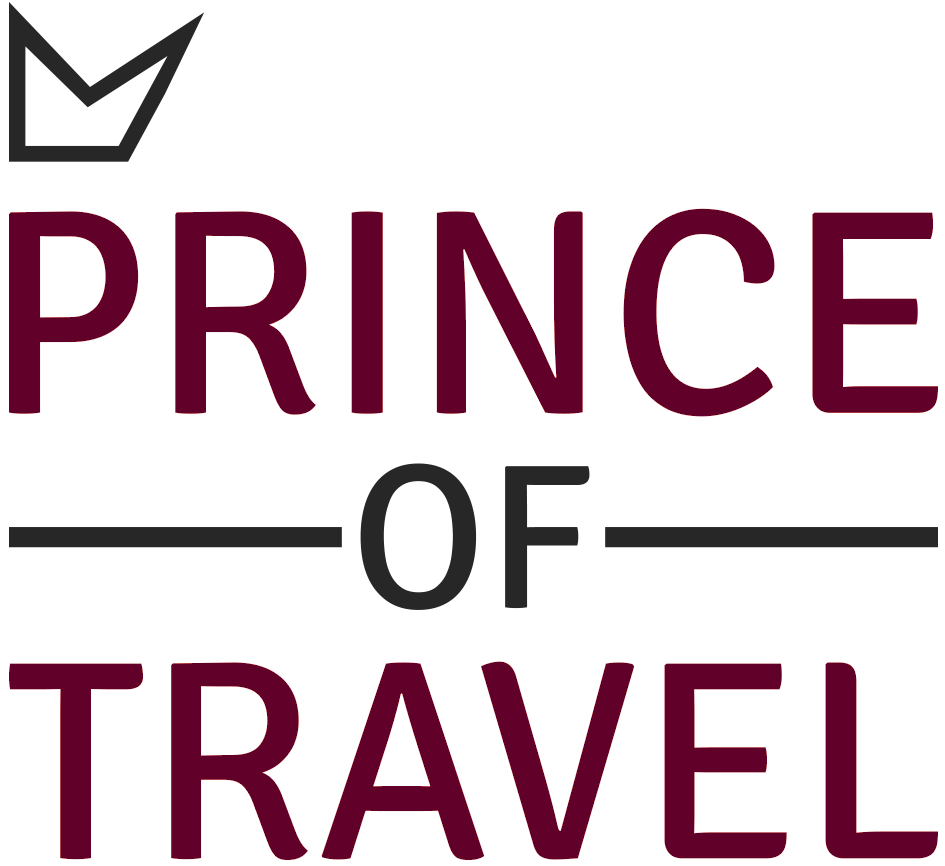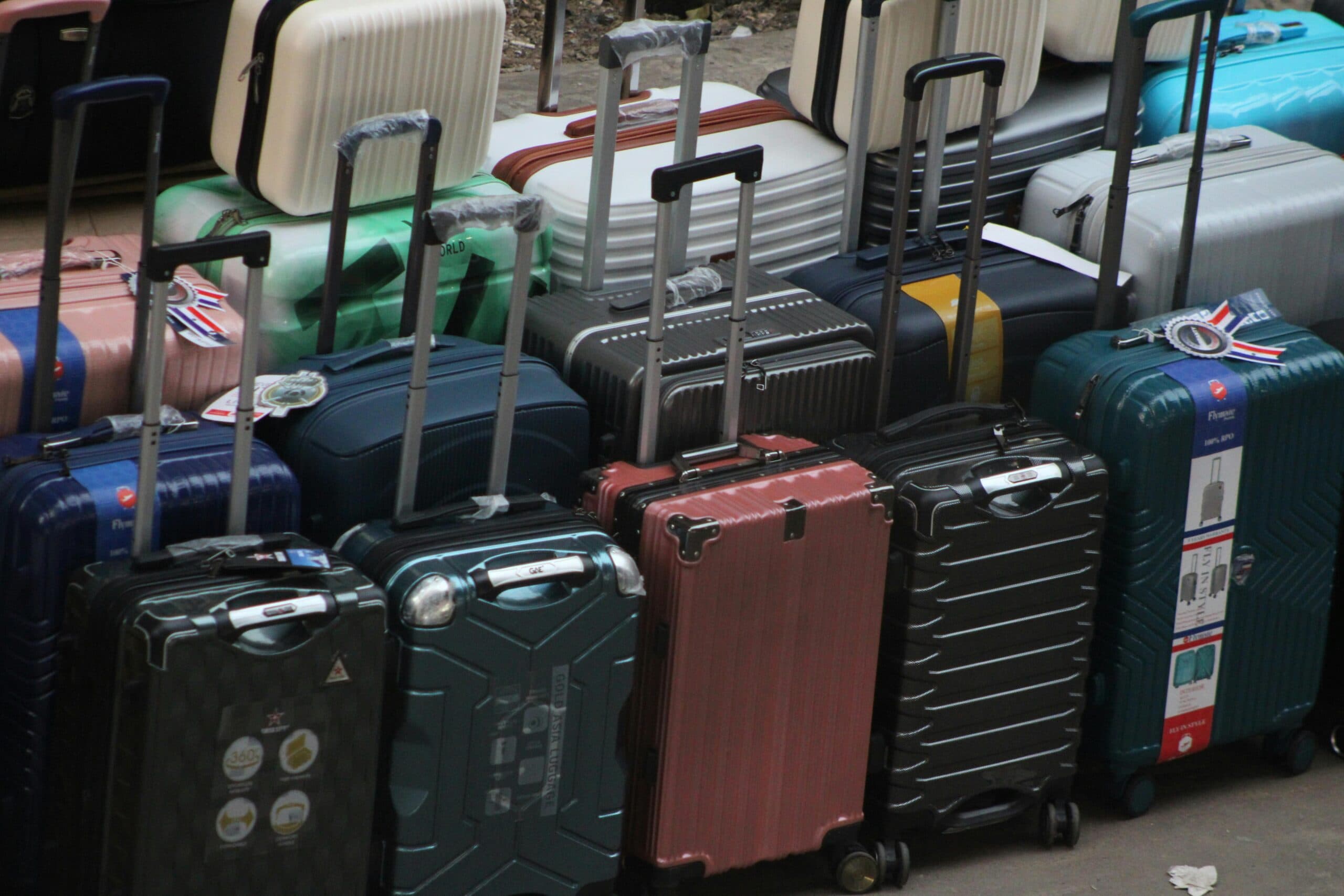An Introduction to Fare Rules, Part 2: Ticket Changes

Since 2020, as part of COVID-19 policies, many airlines are waiving change fees to persuade customers to avoid cancelling their tickets.
Air Canada, for one, currently travellers a free change for tickets booked until August 31, 2021, as well as proposing unrestricted travel vouchers or converting the ticket into Aeroplan points as an alternative to cash refunds.
The wide array of options makes it confusing to choose between making a change on an existing itinerary, cancelling and making a new booking, or accepting alternative forms of compensation.
In this article, let’s go through some key pieces of knowledge regarding airline ticket change policies to help you out when your travels don’t quite go to plan.
Ticket Change Rules
It’s cheaper for air carriers to accommodate changes than cancellations. They don’t need to part ways with the money, and they’re filling a future flight in exchange for the one the traveller won’t be on.
Hence, change rules are generally not as restrictive as cancellation and refund policies, but they can get even more complex.
Ticket Validity
As per International Air Transport Association (IATA) regulations, standard practice is for travel on an unused air ticket to commence within a year from the issue date.
But when a passenger flies the first segment and thus renders the ticket partially used, policies differ from airline to airline.
Air Canada, American, United, and most other carriers will accommodate changes up to one year after the departure date of the first flight on the itinerary.
Meanwhile, JetBlue and Southwest follow the one-year-from-issue rule even for used tickets, offering travel credits for partially flown itineraries.
Here is a sample ticket expiration scenario to explain:
- Itinerary: Round-trip from Montreal to Frankfurt on direct flights
- Airline: Air Canada
- Dates: March 15, 2022 to April 15, 2022
- Ticket issue date: July 22, 2021
- Change fees: None
There are two situations when the passenger could request a change:
- Before departure: In this case, they must make sure all travel is completed by July 22, 2022. According to the Air Canada tariff, changes to an unused ticket do not warrant validity extension.
- During their time in Frankfurt: As the outbound leg will have been flown by then, the inbound must be scheduled for any date before March 15, 2023. That is one year after the original departure date in 2022.

Fares That Apply When Changing
Fare rules contain a provision that instructs the ticket issuer whether to reprice an itinerary using historical or current fares.
Generally, unused tickets will be repriced using current fares at the time of change, whereas partially used ones will be repriced with historical fares at the time of original booking.
In the latter scenario, historical fares will apply if the change is compliant with the original fare rules. For example, if the maximum stay period is six months on a round-trip itinerary, and the passenger changes the return to be seven months after departure, the airline will be unable to use the original fares.
It’s common for fare rules to restrict changes to and from Basic Economy. Air Canada words it the following way: “REPRICE USING ANY FARE TYPE EXCEPT ERU AND EOU USED FOR BASIC BRAND”.
“ERU” and “EOU” stand for “Economy Round-Trip / One-Way Unbundled”, the technical term for Basic Economy fares, which are only combinable with themselves and not with other fares.
Change Types: Revalidation and Reissue
When a passenger makes a change, the carrier may either revalidate (i.e., modify) the current ticket or issue a new one. The procedure the airline applies depends on the complexity of the change and the capabilities of the booking system they use.
Date changes and flight changes with the same origin, stopover, and destination points typically qualify for revalidation. Fares (and hence, prices) should be the same on the modified itinerary for revalidation to work.

Meanwhile, modifying the routing, cabin, or fare bucket triggers a reissue. The airline will charge a fare difference should the new flights be more expensive. If they are cheaper than the original ones, the residual amount may be either refunded or forfeited, depending on the fare rules.
The concepts of revalidation and reissue originate from the days of paper tickets. With electronic tickets, both procedures are largely the same from a passenger perspective.

Change Fees
Airlines collect change fees on most fares, which are part of their ancillary revenue. These surcharges are non-refundable, even if the ticket allows cancellations without a penalty.
Change fees may apply to the itinerary as a whole or per fare component. The latter is usually bound by a stopover or point of turnaround.
To illustrate, consider a round-trip from Vancouver to Doha with six segments in total (i.e., two connections each way).
Regardless of the number of flights, it has only two fare components: one for the outbound leg, and one for the inbound legs. Both of these fare components have their own fare rules.
When making a change, the airline will either apply the rules for the fare component being changed, or the most restrictive set of rules of the entire itinerary – different airlines may adopt different policies here, depending on the exact change being made.
Making Multiple Changes
The differences between revalidation and reissue come into play when a passenger changes a ticket more than once.
With revalidation, the underlying fare remains the same, and so do the rules. The airline will only assess a change fee for every operation.
Reissued tickets, on the other hand, may sometimes fall in a different fare bucket. As a result, the new fare rules may be more restrictive than the old ones, having higher penalties, less flexibility, or ineligibility for upgrades and standby.
For tickets that have already been changed, airlines process future changes without regard to the original fare.
To illustrate this policy in practice, consider a flight from Vancouver to Tokyo purchased for $2,500 in semi-flexible economy.
Here are the two changes that the traveller wants to make:
- Postpone the flight for three days. Imagine that the original semi-flexible fare bucket has no availability three days later. The cost of a standard non-flexible economy seat, which is one fare class below the original, is $2,000. The change fee is $50.
Basic math dictates a $450 refund, but unfortunately, the fare rules say that any residual amounts from changes are forfeited, so the traveller must simply pay the $50 change fee.
- Push the flight back another week. There is only one seat left on that date, with a fully-flexible fare of $4,000, so the traveller has to pay an extra $2,000 in fare difference.
In addition, the new standard economy fare has a higher $150 change fee. The $450 remaining from the last change are gone forever, resulting in a balance due of $2,150.
Because of all the changes, the final ticket cost the passenger not $4,000, but $4,700, broken up as follows: $2,500 (original fare) + $50 (change fee) + $2,000 (fare difference) + $150 (another change fee).
The net loss is $700, which could have been avoided by planning in a more prudent fashion.

Ticket Changes vs. Airline Credits
Instead of diving into the fare rules to understand how you can change your ticket, you also usually have the option of taking an airline credit if your original plans have changed.
Airline credits can certainly be more straightforward; unfortunately, straightforward doesn’t always mean better.
Before the generous COVID-19 refund policies, Air Canada travel vouchers were valid for two years from the date of issue, were non-transferable, and had to be used on the same itinerary as the original flight.
These restrictions are fairly punitive. If you were to change your ticket instead of accepting a travel voucher, you’d have significantly more flexibility when it comes to routing – albeit with a shorter one-year ticket validity.
Accepting a voucher on a non-refundable itinerary makes sense when the passenger is unable to travel before the ticket expires. Airline credits are usually valid for a longer period, thereby extending the unused value of the airfare.
On the other hand, going for a change is smart in two cases:
- When fare rules are less restrictive than the credit, and the planned change fits within the one-year ticket validity timeframe
- When the change could be subject historic fares rather than current ones, such as on a partially flown itinerary. This is an edge case which could help passengers avoid last-minute price hikes
Award Tickets
In general, booking flights on points tends to give a traveller much more flexibility.
However, the voluntary change policies on award tickets are fairly similar to paid tickets:
- The one-year ticket validity period is generally enforced: travel on an unused ticket must be completed within one year of ticket issuance, whereas travel on a partially used ticket must be completed within one year of the first flight on the itinerary.
- Change fees are due every time a passenger modifies their itinerary.
- Fare difference applies, and is based on the cost of the flight in points at the time of change. In a program with dynamic pricing, such as Aeroplan redemptions on Air Canada flights and Delta SkyMiles, this could prove to be a problem for last-minute changes.
- Taxes and fees, including carrier surcharges, are recalculated when a ticket is modified.
The major advantage of award travel is that the cancellation policy tends to be a lot more generous.
When purchasing flights with cash, the cheapest fares are often non-refundable, and the passenger can only cancel them for an airline travel credit as mentioned above.
However, when booking with points, the passenger is almost always be able to get their points redeposited into their mileage account, albeit usually after paying a cancellation fee.
Award tickets can also be more complex in terms of the actual process of making changes.
Nowadays, airline agents have access to automated systems to calculate fare difference and applicable airport taxes, but this doesn’t always apply to award tickets.
British Airways Avios, for one, requires the ticketing team to manually price out complex itineraries both when booking and changing flights, which is often a multi-day process. This can make it difficult for travellers to book last-minute.
Conclusion
Airline change rules are complex, both from a passenger and an airline perspective. While understanding them in their entirety is not necessary for an average traveller, there are some key takeaways which could help save money when travel plans don’t play out as expected.
First, all changes must fit within the ticket’s validity period. If the passenger cannot reschedule within that timeframe, it may be optimal to accept a travel voucher instead.
When modifying an itinerary, pay attention to the fare bucket of the new ticket. It could come with more restrictive fare rules, leading to extra fees and less flexibility down the line. To avoid setting money on fire, it’s best to plan prudently both when booking the original flights and making a change.
Rules for award tickets are more straightforward. Changes usually entail a fee, and the fare difference is always calculated based on the points pricing at the time of the change.
Finally, every airline has its own policies, which may change over time due to their unwillingness to offer refunds during global pandemics unforeseen circumstances. When in doubt, read the airline’s tariff or speak to an agent at the contact centre, who should be able to provide guidance on specific fares and bookings.
First-year value
$336
Monthly fee: $15.99
• Earn 1,250 points per month upon spending $750 per month for 12 months
Earning rates
Key perks
- Transfer to airline and hotel partners

Monthly fee: $15.99
• Earn 1,250 points per month upon spending $750 per month for 12 months
Earning rates
Key perks
- Transfer to airline and hotel partners





